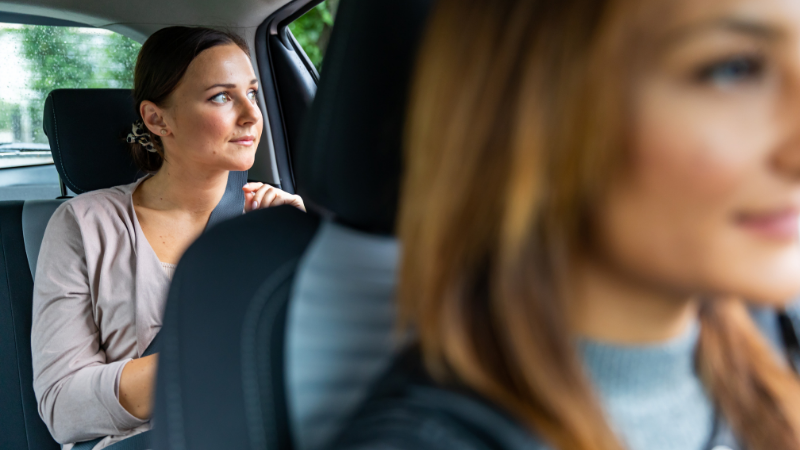(Sponsored Content) – The increased use of ride-hailing services such as Uber has had a large impact on reducing traumatic injuries due to motor vehicle accidents in Texas, according to a new study.
The University of Texas Health Science Center released results of a first-of-its-kind study that shows that on weekend nights in Houston, such injuries have decreased by almost a quarter, 24%. Drivers under 30 saw even starker results. Among people in that age group, the most likely demographic to use ride-hailing services, there was a 40% decrease in motor vehicle crash traumas. The study also found that the number of convictions related to these accidents decreased.
In September, Anheuser-Busch, Mothers Against Drunk Driving (MADD), and Uber launched a "Decide to Ride" campaign. Its goal is to help prevent and end drunken driving. One strategy that Uber uses is to offer discounts to impaired drivers looking for a ride home.
Avoiding the prospect of impaired driving is one of the most common reasons why people use ride-hailing services, especially at night and on weekends.
Julius Moldvan, a part-time driver for Uber, talked about the opportunity ride-hailing services have in helping to prevent drunken driving.
"I'd rather not see someone get a DUI or DWI. Car services have been around for 30-plus years, so it's not something of a new idea." Moldvan said. "You know, before in the '80s and '90s you'd have to pick up the phone to call a car service. Now you get car service on your cell phone, so it has advanced. So, it's not a new idea, it just took the core service idea to the next level."
Between the years 1993-2014, more than 1 million people were arrested for driving while impaired by alcohol and 111 million drivers self-reported having episodes of alcohol-impaired driving, according to the CDC Behavioral Risk Factor Surveillance System.
The National Highway Traffic Safety Administration reports that approximately 28 people die in the U.S. every day due to drunken driving. Despite having reached its lowest rate in almost 20 years in 2019, more than 10,000 people lost their lives to drunken driving in 2019.

